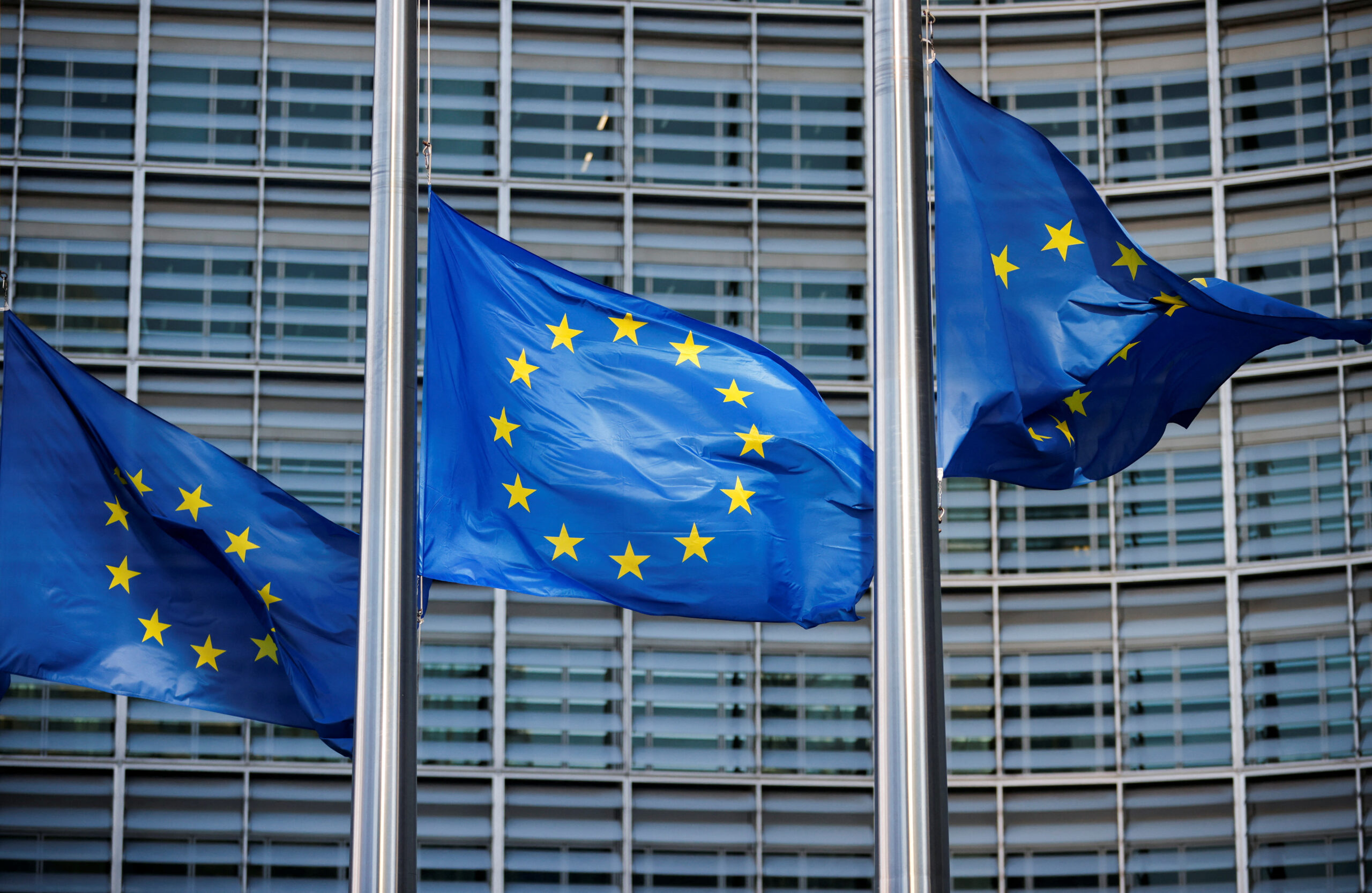At the initiative of several member states, discussions are underway in Brussels to impose new sanctions on Congolese army officials. In an unprecedented move, the proposed list also includes the name of a Rwandan officer accused of working with M23 rebels in North Kivu province.
The European Union may adopt a new set of sanctions against senior figures in the DRC’s armed forces, the FARDC. A list to this effect has been prepared jointly by several member states, namely the Netherlands, Belgium and Germany. The names on the list remain subject to confirmation, but are linked to the various conflicts underway in eastern DRC. This is particularly true of the war being waged by the FARDC against the M23, a rebel movement backed by Kigali, as reported by the United Nations (AI, 18/06/23).
Last December, the EU slapped sanctions on eight senior officials of armed groups, including M23 spokesman Willy Ngoma and Ruvugayimikore Protogène, one of the leaders of the Forces Démocratiques de Libération du Rwanda (FDLR), a movement originally made up of former Hutu suspected genocide perpetrators that has long been in Kigali’s sights and has backed the FARDC against the M23. By targeting these two mutually hostile movements and highlighting their abuses against civilians, Brussels hoped to stem their worst excesses.
Captain ‘Gasasira’ joins the list
In an unprecedentedly, the proposed list, which still has to be approved by all EU member states, includes the name of an officer from the ranks of the Rwanda Defence Force (RDF). According to our information, this is Captain Jean-Pierre Niragire, AKA “Gasasira”, whose name also appears in the latest report by the United Nations group of experts on Rwanda. He is described as being at the head of the RDF troops – specifically the special forces – deployed from May 2022 for specific operations in the province of North Kivu.
Gasasira’s appearance on this list may come as a surprise, as he is of modest rank and takes his orders from Major General Ruki Karusisi. For the EU, the main aim is to send a message to Paul Kagame’s regime condemning his and the RDF’s support for the M23, which has repeatedly been documented by the group of experts.
Talks in Brussels
The proposal for these new sanctions was discussed at a meeting in early July of the Africa Working Party (COAFR), which reports to the European Council. While it appears to have met with little resistance from other member states, notably France, the list prompted mixed reactions amid representatives of the European External Action Service (EEAS). Behind the scenes, the latter are questioning the failure to take a stance (or indeed impose sanctions) on private military companies owned by European nationals that are supporting the FARDC against the M23 (AI, 06/01/23).
During the meeting, the EEAS also queried Brussels’ continuing support for the disarmament and demobilisation (PDDRCS) programme in the DRC, given that the European funding set aside for it is just €7m – a derisory sum that they feel would be better spent on hosting refugees in Rwanda. But in the face of opposition from member states, as well as the DRC, the EEAS ultimately backed down.
European diplomats, represented by the EU’s high representative for foreign affairs Josep Borrell, are regularly suspected of taking a pro-Kigali line. However, this did not prevent the EU from publishing a communiqué on 7 July explicitly condemning Kigali’s support for M23.
Source: Africa Intelligence






